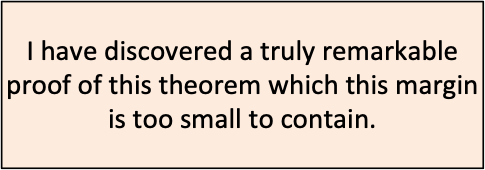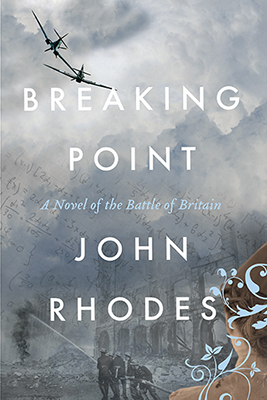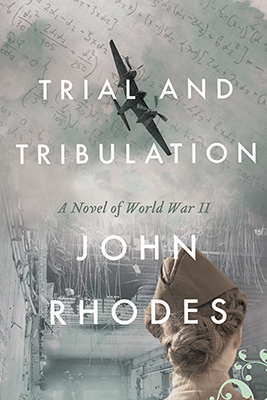My third science blog:
From time to time scientists have written words of grandeur, modesty, mystery and self-depreciation. Here are a few of my favorites:
Words of Mystery—Fermat’s Last Theorem
The French mathematician Pierre de Fermat (1607 to 1665) was perhaps the leading mathematician of his age and remains one of math’s most important figures. One of the problems he worked on was the famous conundrum that an + bn = cn is true ONLY if n is 1 or 2 and untrue for all other values. (So, for example, the sum of two squares can be a square but the sum of two cubes can never be a cube.) This had been known since Greek times by example but never proven as a general case.
After his death, found among Fermat’s papers was a tantalizing written note (in French, of course) about this theorem:
Mathematicians tried unsuccessfully to develop a proof for three hundred years. It seemed impossible to solve. Had Fermat really figured it out? His theorem was downgraded from ‘Fermat’s last theorem.’ to ‘Fermat’s last conjecture.’ The ignominy! Some kept working at it; after all, every time Fermat had claimed to have found a proof, he had always been right—so he might have been right on this occasion also.
Then, finally, a proof was developed in 1995 by Andrew Wiles, and one of mathematics’ great secrets was unlocked.
But the tantalizing mystery continues. Is the modern proof, which is extremely long a complex, and uses mathematical constructs not yet developed in Fermat’s day, the only proof? Did Fermat have a shorter, more elegant ‘truly remarkable proof’ that would almost fit in a margin, but not quite?
We will never know but my personal bet is that he did!
Words of Modesty—Playing With Pebbles[i]
Who was the greatest genius of all time? Was it Aristotle? Leonardo Da Vinci? Einstein?
One contender must be John Von Neumann, whose work my protagonist Eleanor Shaux built on in the Breaking Point series. Enrico Fermi—a surefire guaranteed genius in his own right—told his friend physicist Herb Anderson: “You know, Herb, Johnny can do calculations in his head ten times as fast as I can! And I can do them ten times as fast as you can, Herb, so you can see how impressive Johnny is!”
My favorite is probably Isaac Newton, a man of supreme accomplishment across many, many fields, who wrote of himself with extraordinary self-awareness and humility:
Words of Wonder—The Origin of Species
Charles Darwin, surely another contender in the genius medalist competition, was overwhelmed by his theory of natural selection and evolution. At the end of his seminal ‘Origin of Species,’ published in 1859, he wrote, not in self-congratulation but in awe:
Words of Irony—The Double Helix
My favorite contender for famous last words comes at the end of the paper, published in 1953, in which Watson and Crick presented the solution to the structure of DNA, often described as ‘the riddle of life.’ They demonstrated the molecular double helix, explaining the chemical structure of the genetic code, and, by implication, how hereditary characteristics are passed from parents to offspring, since the reproductive materials of each parent carry one strand—one half—of the helix, which recombine in the child to form a new double helix.
But rather than launch into a long discussion of heredity and extend the length of their paper—their entire paper, presenting DNA to the astonished world, was only 900 words long—they finished their paper with what I think is the best sentence ever written on a scientific subject:











